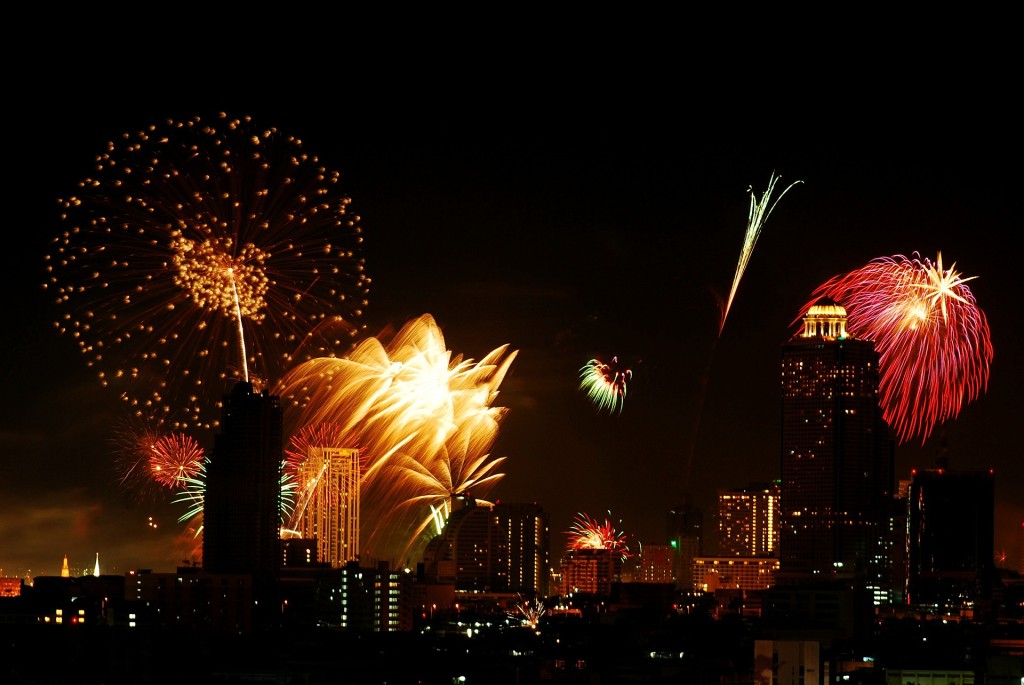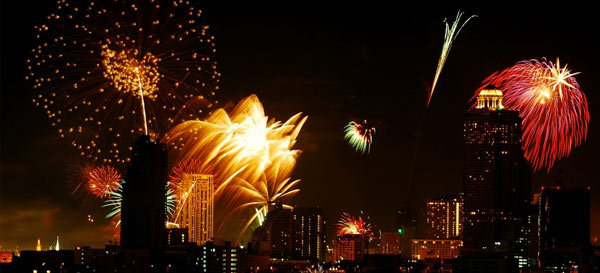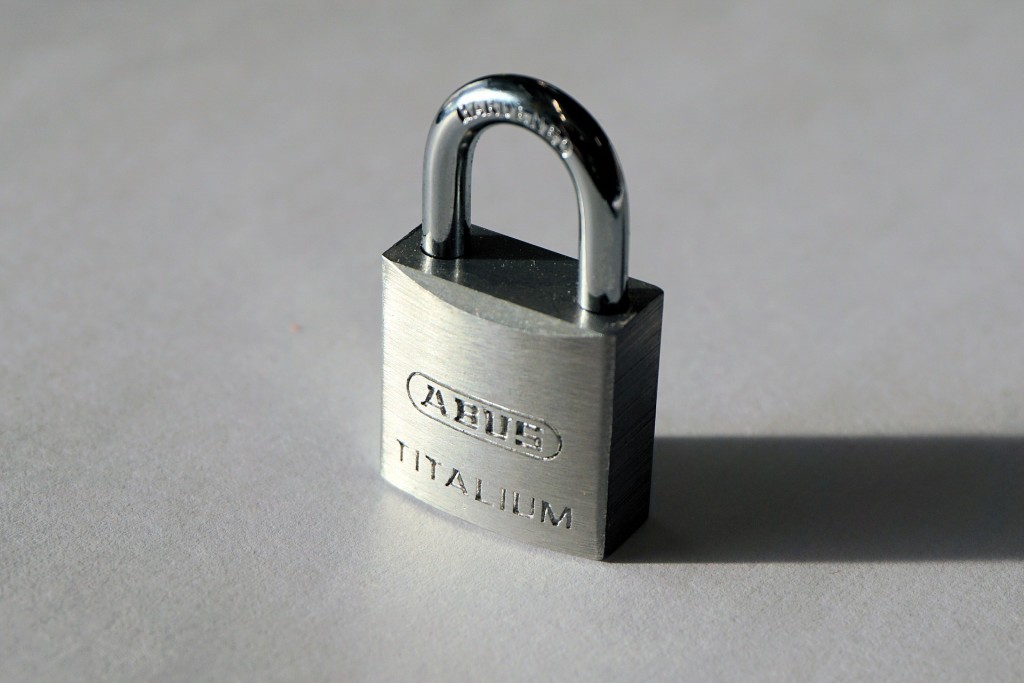Welcome to the second part of our blog series on how to run your own fireworks stand.
If you missed the first part of our series, you can click here to read it. Otherwise, get ready for a crash course in all the expenses you need to consider as you plan out what could be the greatest business experience of your life.

As we talk through the “Getting Started” phase of your fireworks tent, we’ll sprinkle in some warnings and reminders about the difficulties and dangers of the business. That’s not meant to scare you, but it is meant to keep you keenly aware of the responsibility you’re undertaking as someone who is selling consumer-grade explosives.
But we’ll be the first to tell you that running your own tent is a blast and worth all the hard work you put into it. So, let’s get started with the basics of launching your fireworks stand.
Planning Will Make You or Break You
In the fireworks business (or just about any business), if you don’t plan, you are going to fail. Before you even think about choosing a location, getting your first permit or buying your first case of fireworks, you’ve got to have a road map.
Here are few things you need to think about (we’ll expand on some of these in a few minutes):
- What type or brand of items do you want to sell?
- Where do you want to sell them?
- Who will buy them?
- What do local laws allow you to sell?
- How many people will you have to hire?
- How much money will you need to get everything off the ground?
Answering these questions is where you’ll set yourself up for success. Don’t think you can just open a tent, throw some fireworks on the table and rake in people’s money. In this business, that’s not the formula for excellence. What is that formula? It starts with your value proposition for the market you’re in.

Write Up a Value Proposition
Your value proposition is your road map for action. It’s an intentional plan that takes into account the most important aspects of your fireworks stand:
- Location: Where are you going to set up?
- Availability: What will your hours of operation be?
- Product: You’ve got to pick the stuff that people are going to buy, not just the stuff that looks cool.
- Service: The more informed you are about your products, the more secure your customers will feel.
- Price: You’ll need to find the balance between what people want to pay, how much you’ve spent on inventory and how much you want to take home as profit.
Now, for the big areas of your business. Take each one of these topics seriously and you will avoid a lot of headaches.
Location: Do Your Research
We’re going to devote the next part of our series to location, but in this post we want to give you the basics of choosing your location.
Do you remember the old real estate saying, “Location, location, location!”? The idea is that where a house is located is just as important to the price tag as the house itself. Same rule applies to your fireworks stand. Finding a good location can have a serious impact on your sales numbers.
Head to the Your City or County Permit Office
The main thing you want to avoid is setting up near a competitor, especially one who is established. A decision like this could ruin your season before it even starts. Our advice? Head down to your local city or county permit office and find out who has filed permits to be a fireworks seller. Those permits will show which locations they’ve applied for.
Aside from minimizing direct competition, you need to take a few other things into consideration:
- What government agencies are in charge of the spot you want to take? This will dictate who you have to contact for permits, information, etc.
- How much space will you have for parking? Customers who can’t find parking are going to head to a different stand.
- Is there enough space for a portable toilet? Keeping customers happy is key to your success. An on-site bathroom is a nice perk.
Permits: Find Out What You Need
Fireworks are a tricky thing; different states and counties have different rules about what’s allowed.
You’ll need to become an expert in your local area’s regulations, permits, tax rules and more. Here are just a few of the areas you’ll need to research:
- Temporary sales tax and/or business operating permits
- Temporary structure permits
- Firework retailer permits (you might need one from state and one from your city and/or county)
- U.S. Department of Transportation registration, especially if you’ll be transporting fireworks
- Hazmat training
- An inspection certificate from the local or state fire marshal
We know it sounds a little overwhelming, but you can do it. Dozens of people in your area go through this process every year. And remember, you’ve got your value proposition laid out and your planning in place. You’re already ahead of the game, so keep it that way.
If you want to get the details of your state and local laws regarding fireworks, head to the American Pyrotechnic Association’s list of state laws.
Security: Keep Things Safe
When we talk security, it’s an issue that influences several different areas of your business from your location and who you hire to where your cash is kept.
Location: Where are you?
Location and security aren’t just a matter of whether or not you’re selling in or near a high-crime area. It’s more about how well-lit the area is, how easy it is to access, how much traffic passes by and how easy it is to get in and out.
And remember, in an emergency, you’ll want to be located relatively close to a hospital or police patrols and EMT’s.
Employees: Who are you hiring?
After plunking down a lot of cash on your product, it’s critical to hire great people who will treat it with care. You want a trustworthy, hard-working team that takes ownership over their job and treats your customers with respect.
Make sure you get references from your potential employees, and don’t be afraid to say no to someone who doesn’t seem that motivated to help you.
Accountability: Where’s Your Money?
Fireworks is a cash business, which means you need to have a solid cash-flow process in place before the first customer walks through the door. Our suggestion is that you pick one person to oversee the cash. The more hands you have in the register, the more chances you have for discrepancies to show up.
Once the money starts flowing, you’ll have hundreds of dollars sitting in your till. It’s wise to make a money drop in a safe or at your local bank. Doing so will keep your on-hand cash low and make you less of a target.
Inventory: How’s Your Product?
Keeping track of your inventory will give you a clear picture of what’s coming into the cash register as compared to what’s actually going out. It’s a good idea to arrange your product in a way that’s not only appealing, but also gives you a good line-of-sight to where you can see all your tables. This can get tough when there’s a lot of customers milling around, which is why it’s important to hire enough people to have a presence in each area of your tent.
Also, have a routine in place for your opening and closing. Doing so will give the process a sense of order, which is a good thing for organization and also because an orderly process means your product is more likely to make it to the tables safely.
Damaged packaging or fireworks, as you’ve probably guessed, don’t sell all that well.
Storage: Where Will You Keep Your Product?
You’re going to spend a big chunk of your money on product, so it’s important that you have a game plan for where you store your goods when your tent is closed for the night. The goal is to keep out bad weather and bad people.
There are two ways to accomplish this: tents and storage containers. Tents are a good option for a retail space, but you’ll want to make sure (whether you rent or buy) to have chicken wire/chain link and cloth to use for walls. Just a tent alone (poles and a canopy) creates the opportunity for disaster.
For the tent option, check with locally owned companies or two of the more popular national companies: U.S. Tent Rental or Kirby Tent.
The second option you have is to go with a tent during the day but store your product in a shipping container or mobile storage unit at night. Any inventory left over at the end of the day goes safely into your padlocked container. One company we recommend is Mobile Modular.
One big advantage of this option is that you and your operators can go home at night instead of sleeping on site. This varies by state, though, because some laws require that someone stays with the fireworks at all times.
Each option has its advantages, so you can decide which is the best fit for you. Just remember, the goal is to do the best job you can of protecting your inventory, because your inventory represents your profit.
Rentals: What Exactly Do You Need?
We’ve talked about a lot of little elements so far: cash registers, tables and portable toilets, for example. But what about indoor/outdoor lighting, generators and specialized displays?
All of these fall under the “Rental” category, and, in some cases, the “Borrow” category.
A lot of what you’ll need will be based on your location. You might have enough power to run lights, cash registers and more, or you might need a generator. Some sites might have running water, some might not. It’s best to split your rentals into “needs” and “nice-to-haves.”
Here is a list of the things you need to have:
- Tables
- Display settings
- Lighting
- A register system for the point of sale
- A cooler with ice (for hot summer months)
Here’s a list of things that would be nice to have:
- A generator
- Plenty of outdoor lighting
- A small refrigerator (for selling cold drinks)
- A portable toilet
And don’t forget, you can borrow some of these things from friends or family in order to save some money on rental costs.
Operators: What Happens When You Grow?
If all goes well, you’ll love selling fireworks and the next time around you’ll want to run two stands instead of one.
But here’s the catch: two stands means you need an extra person running the show since you’ll be heading up one stand on your own.
How do you choose the right operator for your other tent? In many ways, it has a lot more to do with retail principles than it does about fireworks. Here are some traits that make up a good operator:
- Dependable: You don’t want your manager to flake out. There aren’t many days to sell your product, so every day counts.
- Honest: You want someone who shoots straight with you about what’s happening at their location, especially when there’s a lot of product/money on the line.
- Motivated: As you’ve probably concluded, running a stand takes a ton of effort. No matter how many incentives you offer, you won’t be able to convince a lazy person to work. Look for excitement in the people you interview for operator; it will be a huge advantage.
- Accountable: You want someone who takes ownership of their responsibilities.
- Confident: Your operator is probably going to oversee other employees and will open and close the stand. Make sure they have the confidence to accomplish each of these tasks. You don’t want your workers and customers walking all over your operator.
Looking Ahead: It’s All About Location
One of the things you’ll learn pretty quickly is that your sales and marketing have a lot to do with location. This aspect of your business shouldn’t be taken lightly.
In the next post of our series, you’ll learn everything you need to know about choosing a location that will help you stay within the law, maximize your margins and minimize the risk of running into competition.
Of course once you have selected the physical location for your business, you will need a great place to buy your products from. Be sure to complete our reseller application form so we can help you get your shelves stocked!





How much money does it take to get started, how much can u earn etc gross, net
Nathan,
Unfortunately, there is no simple equation to determine exactly what your costs and profit will be. As with any retail business, the general rule of thumb is you can sell your products for 2-3 times what you pay for them. You will then need to subtract your expenses such as permits, tent and/or location rental, salaries, advertising, etc. to arrive at your profit. One thing to keep in mind, running a fireworks business (like any other business) is a lot of hard work and is not a way to get rich quick!
We can help guide you based on our experience but ultimately you will need to know your local market conditions before jumping in feet first. You will need to do a lot of research including state and local laws, selling season length, what the local competition is like, what products consumers in the area want, location and staffing requirements, etc. State and local laws in particular are a major factor as any restrictions on they types of products you can sell could hurt sales if you are not able to carry a full line of fireworks.
We have reached out to you via email to understand your situation better and to see where we can help. If you prefer, feel free to give us a call at 904-213-0615 and we will be glad to assist you however we can!
Thank you,
Jason
What percentage of pay should I get for being a fireworks stand operator?
Great question. It honestly can vary greatly depending on a lot of factors, but 10-20% of gross sales is common.
would you happen to have a business plan spreadsheet template and 5 year plan sheet for fireworks retail business model
thanks
pete
Hey Pete, thanks for reading our series on starting your own fireworks business. If you haven’t already, check out the introductory post, where we provide some great links to help get you started with things like writing a business plan. Your business plan is going to be very personal to your goals, resources, and local market, so it’s difficult to provide a one-size-fits-all template or 5-year plan, but we’d be happy to talk with you if you’d like to discuss this in more detail.
Excellent 2 articles !!!
Is there a third part of your blog series yet on how to run your own fireworks stand ?
Thanks, Rich! Yes, we recently finished the full series, which you can find here: http://www.superiorfireworks.com/blog/category/running-a-fireworks-stand/